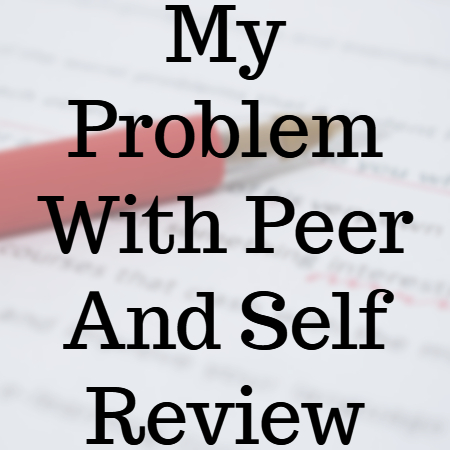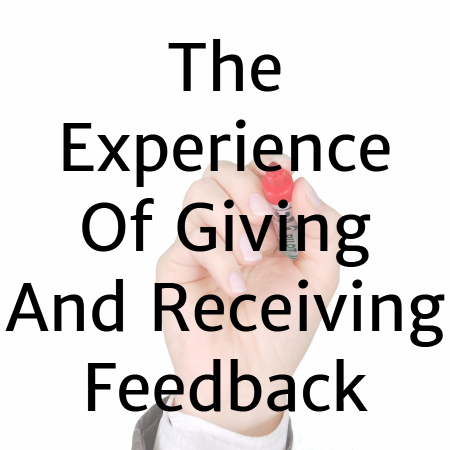What’s the easiest part of the creative process?
Nothing.
Making time to write. I may be in the minority here, but that’s because I don’t do a lot of other things. I don’t watch movies. I don’t play video games. So on and so forth.
I’m also stubborn, so I will fight anyone or anything that gets between me and my writing time.
With editing, the final round is much easier than the first.
I love having time to write and edit. So I try to give myself plenty of it.
What’s the hardest part of the creative process?
Everything.
For me, getting through the middle is the hardest.
Beginnings are fun and exciting. I love the honeymoon phase of any project.
But overcoming the halfway hump has been my biggest obstacle. If I can grind out the middle, the ending isn’t too bad.
I’m really bad at finishing stories. Like shockingly bad. Over the years, I’ve gotten worse rather than better. My patience is practically nonexistent nowadays.
When it comes to edits, starting is tough.
Hence why I have many written but unedited drafts.
I’ve been trying to figure out how to push myself through these hurdles.
I suppose nothing really comes easy. Words don’t write or edit themselves unfortunately.







